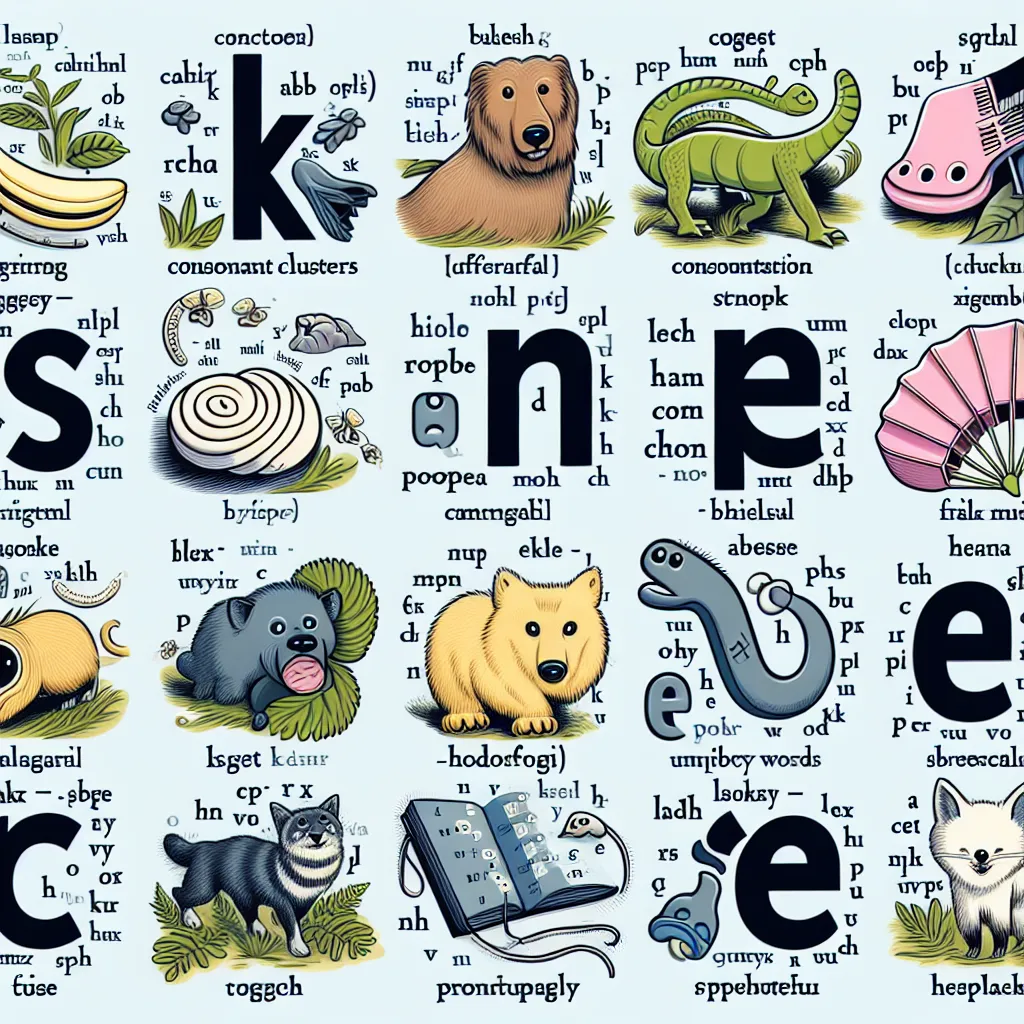Are you looking to improve your English pronunciation but don’t know where to start? Language exchange apps can be a game-changer in your journey to mastering English pronunciation. In this comprehensive guide, we’ll explore how to effectively use these apps to enhance your pronunciation skills and boost your confidence in speaking English.
Understanding the Importance of Pronunciation Practice
Pronunciation is a crucial aspect of language learning that often gets overlooked. Good pronunciation not only helps you communicate more effectively but also increases your confidence when speaking English. Language exchange apps provide an excellent platform to practice pronunciation with native speakers and fellow language learners from around the world.
 Language exchange apps for pronunciation practice
Language exchange apps for pronunciation practice
The Benefits of Using Language Exchange Apps for Pronunciation
- Real-time feedback from native speakers
- Exposure to various accents and dialects
- Flexibility to practice at your own pace
- Opportunity to learn colloquial expressions and slang
- Building confidence through regular conversation practice
How to Choose the Right Language Exchange App
With numerous language exchange apps available, it’s essential to choose one that best suits your pronunciation goals. Here are some factors to consider:
- User base: Look for apps with a large community of English speakers
- Audio quality: Ensure the app supports clear audio calls
- Pronunciation-specific features: Some apps offer pronunciation exercises or AI-powered feedback
- User reviews: Check what other learners say about the app’s effectiveness for pronunciation practice
Popular language exchange apps include Tandem, HelloTalk, and HiNative. Each has its unique features, so explore a few before settling on one that works best for you.
Effective Strategies for Practicing Pronunciation on Language Exchange Apps
1. Set Clear Pronunciation Goals
Before you start, identify specific areas of pronunciation you want to improve. This could be:
- Mastering certain phonemes (individual sounds)
- Improving intonation and stress patterns
- Reducing your accent in specific words or phrases
Having clear goals will help you focus your practice sessions and track your progress over time.
2. Utilize Audio and Video Calls
While text-based exchanges are useful, audio and video calls are invaluable for pronunciation practice. They allow you to:
- Hear native pronunciation in real-time
- Practice speaking and receive immediate feedback
- Observe mouth movements and facial expressions (in video calls)
Try to schedule regular audio or video calls with your language exchange partners to maximize your speaking practice.
3. Use the Recording Feature
Many language exchange apps offer a recording feature. Use this to:
- Record yourself speaking and compare it with native speakers
- Send recordings to your partners for feedback
- Track your progress over time by comparing old and new recordings
4. Focus on Minimal Pairs
Minimal pairs are words that differ by only one sound, such as “ship” and “sheep” or “bet” and “bat”. Practicing these can help you distinguish and produce sounds that may not exist in your native language.
Ask your language exchange partners to create lists of minimal pairs for you to practice, and have them listen to your pronunciation to provide feedback.
5. Engage in Shadowing Exercises
Shadowing involves listening to a native speaker and repeating what they say in real-time. This technique helps you:
- Improve your intonation and rhythm
- Develop a more natural-sounding accent
- Increase your speaking fluency
During your language exchange sessions, ask your partner to speak slowly while you shadow them. Gradually increase the speed as you become more comfortable.
Common Pronunciation Mistakes to Watch Out For
When practicing pronunciation on language exchange apps, be aware of these common errors:
- Vowel sounds: English has many vowel sounds that may not exist in your native language
- Consonant clusters: Words like “strengths” can be challenging for non-native speakers
- Silent letters: Words like “knife” or “psychology” contain silent letters that can trip up learners
- Word stress: Incorrect stress can change the meaning or make words difficult to understand
- Intonation: The rise and fall of your voice can affect the meaning of sentences
Ask your language exchange partners to point out any of these mistakes they notice in your speech. Learn more about mastering English pronunciation in conversation.
The Phonemic Chart and Commonly Mispronounced Words
Understanding the phonemic chart can greatly enhance your pronunciation skills. This chart represents all the sounds used in the English language. Familiarize yourself with it and use it as a reference when practicing pronunciation.
 English phonemic chart
English phonemic chart
Here are 10 commonly mispronounced English words related to language exchange and pronunciation practice:
- Pronunciation (/prəˌnʌnsiˈeɪʃən/)
- Fluency (/ˈfluːənsi/)
- Intonation (/ˌɪntəˈneɪʃən/)
- Phoneme (/ˈfəʊniːm/)
- Colloquial (/kəˈləʊkwiəl/)
- Rhythm (/ˈrɪðəm/)
- Syllable (/ˈsɪləbl/)
- Diphthong (/ˈdɪfθɒŋ/)
- Consonant (/ˈkɒnsənənt/)
- Articulation (/ɑːˌtɪkjʊˈleɪʃən/)
Practice these words with your language exchange partners and ask for feedback on your pronunciation.
Conclusion
Language exchange apps offer a wealth of opportunities to improve your English pronunciation. By setting clear goals, utilizing various features of these apps, and consistently practicing with native speakers, you can make significant strides in your pronunciation skills. Remember, progress takes time and patience, so stay committed to your practice routine.
Don’t be afraid to make mistakes – they’re an essential part of the learning process. Embrace the feedback you receive from your language exchange partners and keep pushing yourself to improve. With dedication and the right strategies, you’ll be well on your way to mastering English pronunciation.
Ready to take your pronunciation practice to the next level? Discover how to improve pronunciation through conversation practice and start your journey towards clearer, more confident English speech today!




